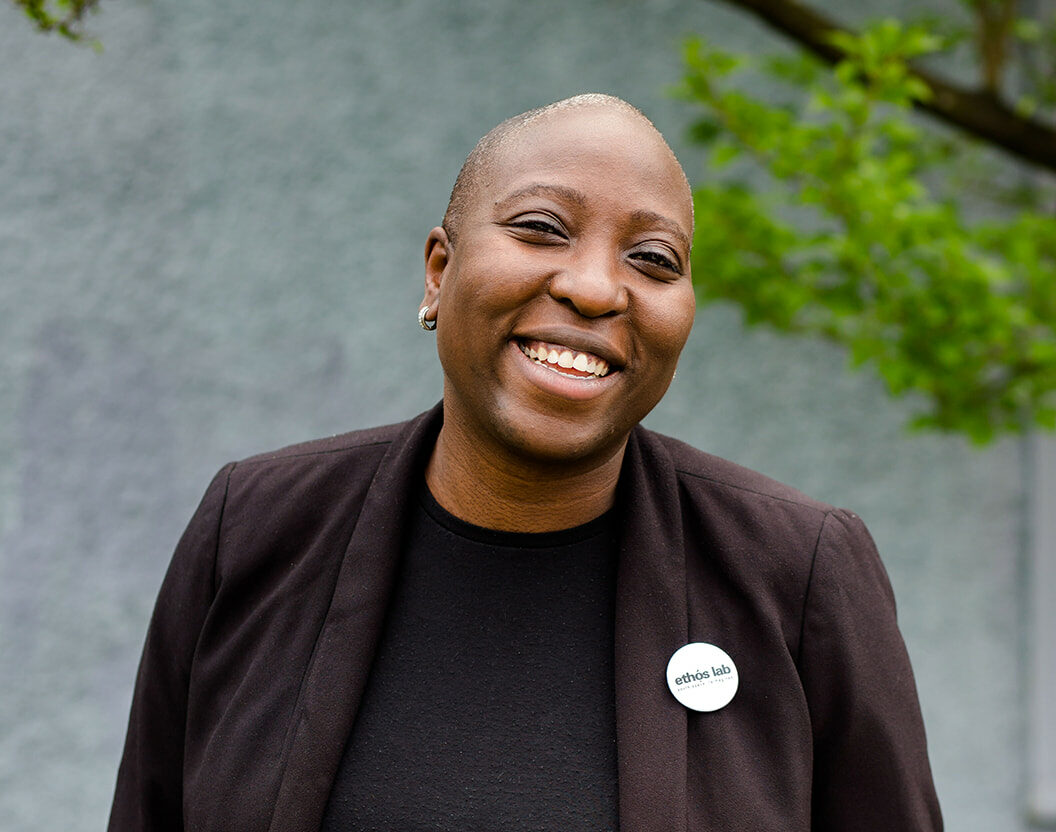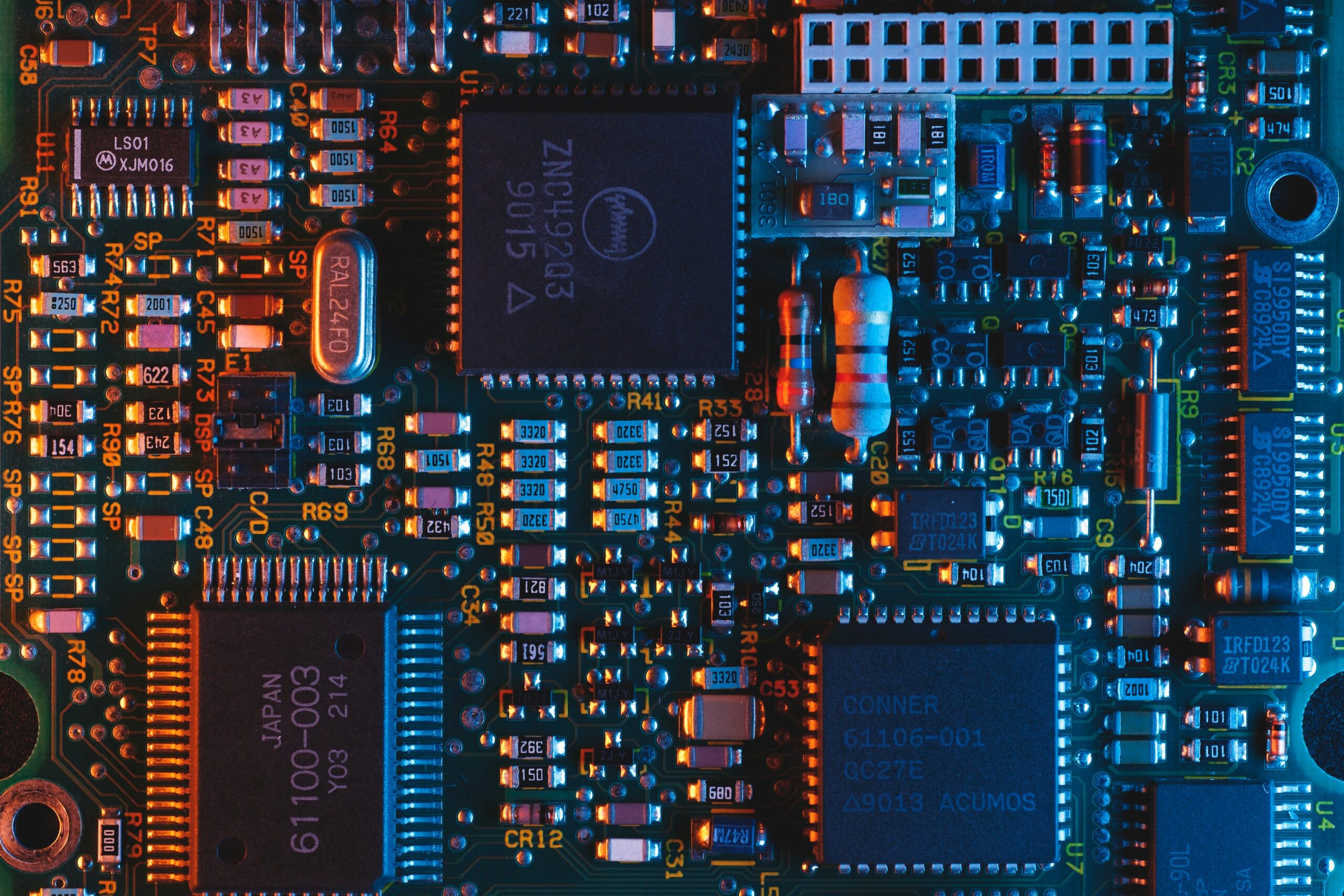Anthonia Ogundele (AO): When you're an emergency planner or disaster planner, you have to think like five, ten, twenty years ahead on any given situation.
Science World (SW): That’s Anthonia Ogundele. She’s a Vancouver-based resilience professional and has worked in emergency management for over 18 years.
AO: As a disaster planner, prior to the pandemic and creating The Ethọ́s Lab, people didn't know what I was talking about.
SW: The Ethọ́s Lab Educational Society is a culture-focused STEAM-learning academy for teens.
AO: What are you talking about, virtual reality? Or, what are you talking about, Metaverse? And even block chain; talking about all of these different things. The pandemic accelerated a number of these different advances. And it's so clear, the research is there. The articles come out every year about the underrepresentation of Black youth and girls in STEM fields.
SW: And it’s not only happening in the classroom or in the workplace.
AO: As a Black youth going to the science centre, one of my favorite ones was when you put your hand on the ball and you see people's hair stick up, and that just didn't happen to my hair. But it was definitely something that I always loved to see and wished I could partake in.
SW: And today, Anthonia has her own daughter who also loves science.
AO: My daughter would sign up for these coding programs or video game programs, and she'd be the only girl in the room or the only Black child in the room. And we don't actually, we don't critique the culture in which we teach or learn STEM programming.
SW: And so, with her daughter’s future in mind, Anthonia founded The Ethọ́s Lab. It’s curated weekly STEAM programming for teens rooted in anti-racist and strength-based framed works.
AO: The Ethọ́s Lab builds its programming, centering the humanity of the Black experience, making sure that Black youth feel respected, reflected and protected in the space. And when you start from creating a space for an underrepresented community, you're actually creating a more inclusive environment. And so we saw, okay, well, if you create that kind of environment, you're actually bringing in a whole bunch of different kids into the space. And, you know, every kid likes to play, and I feel like that's what it's all about. Playing, big problems, break things, take risks, compete, have fun. That's what we do. (laughs)
SW: Anthonia wondered at first if this was the right path, given that her education wasn’t strictly in science. But a lifetime of experience prepared her for this role.
AO: My father is an engineer and my memories are flooded with the smell of metal in his lab in the basement of the University of Toronto. Or sitting in the back of a lecture hall as he's talking about corrosion. And, there's always a level of doubt in stepping into spaces that you may not feel like you belong in and feeling like you know what, I am the one to be able to do this work. I think it was just really tapping into, you know, the spirit of my dad and my siblings and my sister who just continues to be an amazing engineer and leader. And the people that I've looked up to in my family and those that are around me to say, hey, you know what, I may not know everything about the subject matter, but what I do know is how to bring people together.
SW: And bringing people together is the first step in disaster planning. Because as we build new futures on new platforms in what Anthonia calls “a goldrush of reality,” the teens who attend The Ethọ́s Lab today will help ensure those futures are for everyone.
AO: For The Ethọ́s Lab, we’ve really adopted Black Futures Month. And that's what I'm really keen about is, how do we build into a future where we're not afraid to say Black lives matter? Because Black lives do matter. That is what it's about. We're calling all people who might identify as artists who might just be, you know, curious and problem solvers and just want to figure out how the world works. People who just want to meet new people and make new friends. Again, we are building it centered on the humanity of the Black experience in creating an anti-racist environment, and that's a space for everyone to be in because we all really need to take what I believe a community-based approach to this.
SW: In parting, I asked Anthonia if she had a favourite memory of a science centre growing up.
AO: My father was actually a part of the exhibit, talking about his experiences as an engineer, which was an exhibit highlighting people from many different backgrounds and how the science was intersected with their lives. So, the exhibit actually is still there. So, we often just go back and say, “Oh, I want to go hear Grandpa,” and that's my dad. (laughs)

